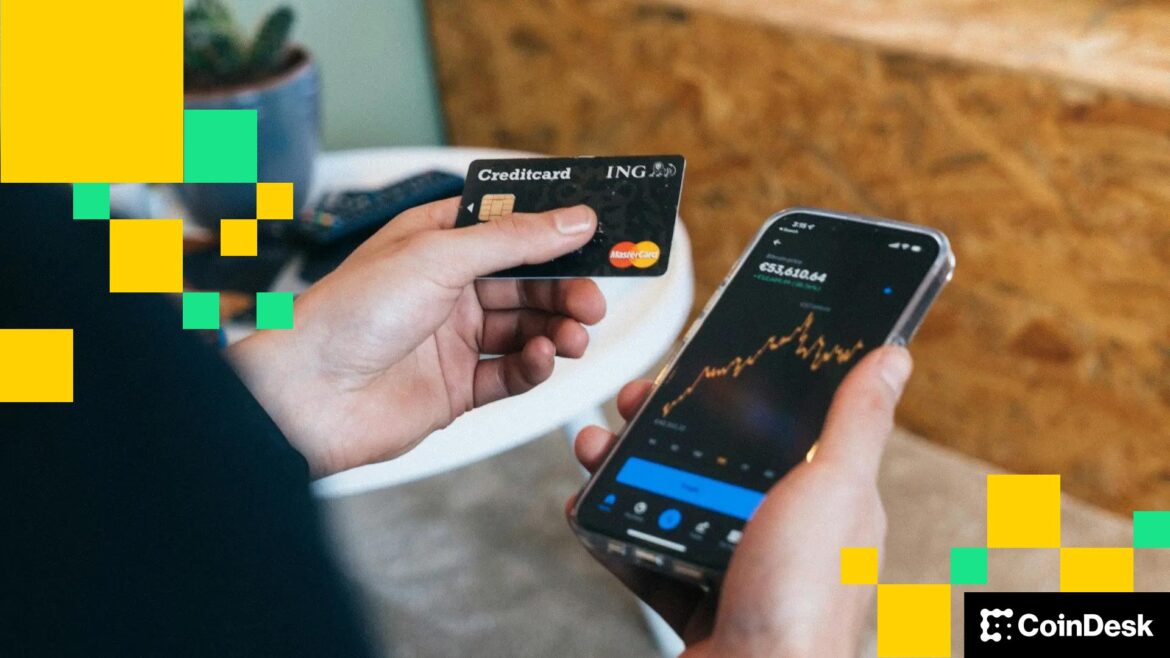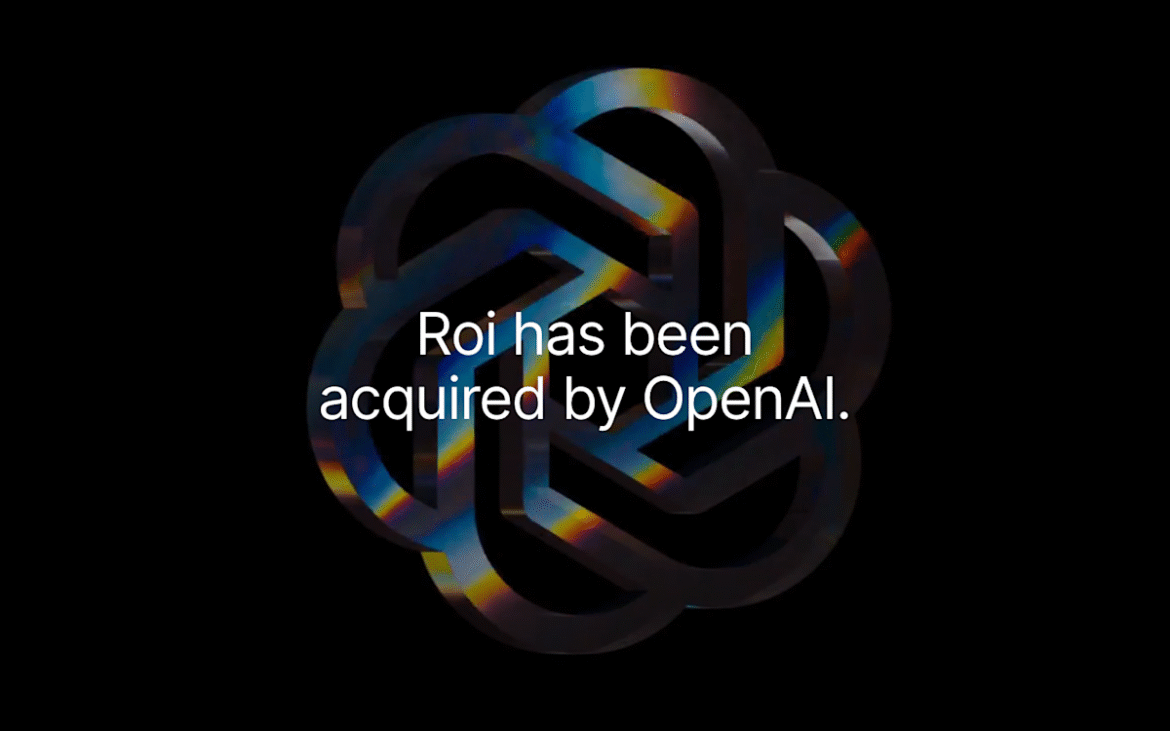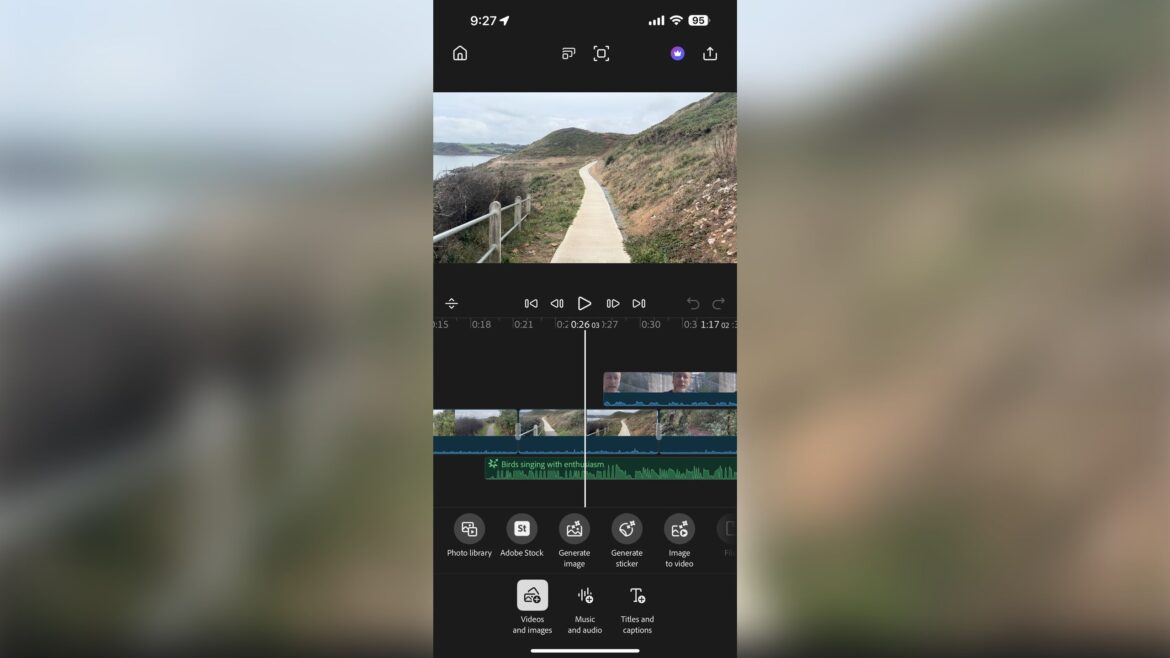Walmart-backed fintech OnePay plans to roll out cryptocurrency trading and custody features in its app by the end of the year.
The service will let users buy, hold, and convert bitcoin and ether within the app, with crypto infrastructure provided by Chicago-based Zerohash, CNBC reports , citing sources familiar with the matter.
Though OnePay hasn’t publicly confirmed the rollout, the move would put it in line with competitors like Venmo, Cash App, and PayPal, which already offer crypto trading to U.S. users.
Founded in 2021 by Walmart and venture firm Ribbit Capital, OnePay has been building what it calls an “everything app” for digital finance. Its existing services include high-yield savings accounts, debit and credit cards, peer-to-peer payments, and buy now, pay later options.
By adding crypto, OnePay is banking on the idea that its users, many of whom shop at Walmart’s nearly 4,600 U.S. stores, will want to spend, save, or transfer crypto on the same platform they handle cash.
Though OnePay is closely tied to Walmart, the app is operated as a separate company to appeal to a broader user base, particularly Americans underserved by traditional banks.
Last month, Zerohash raised $104 million+ from firms including Morgan Stanley and Interactive Brokers to expand its crypto services for banks and fintechs.









